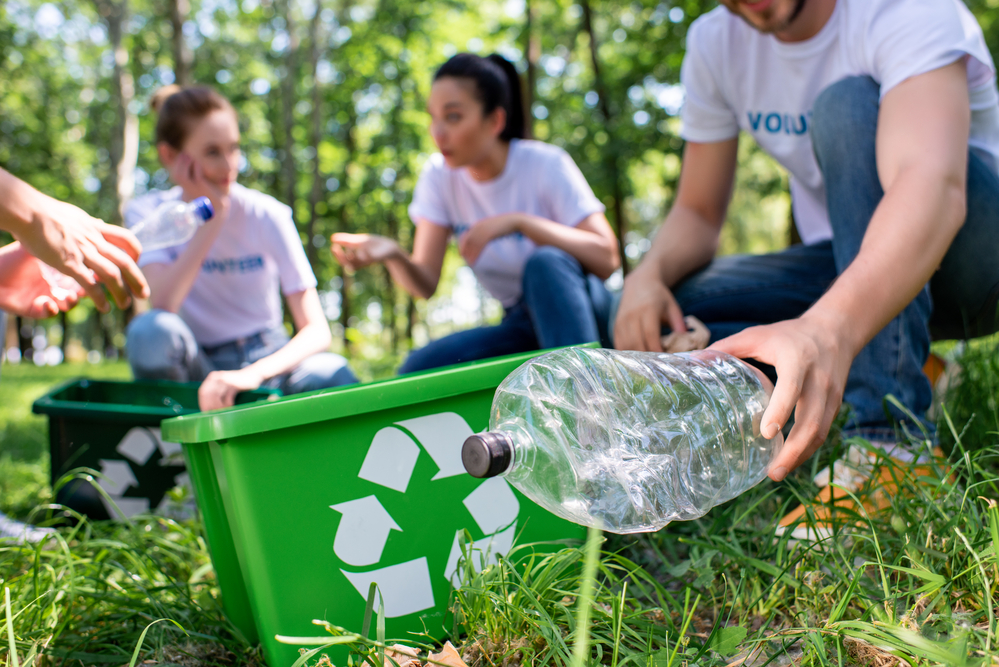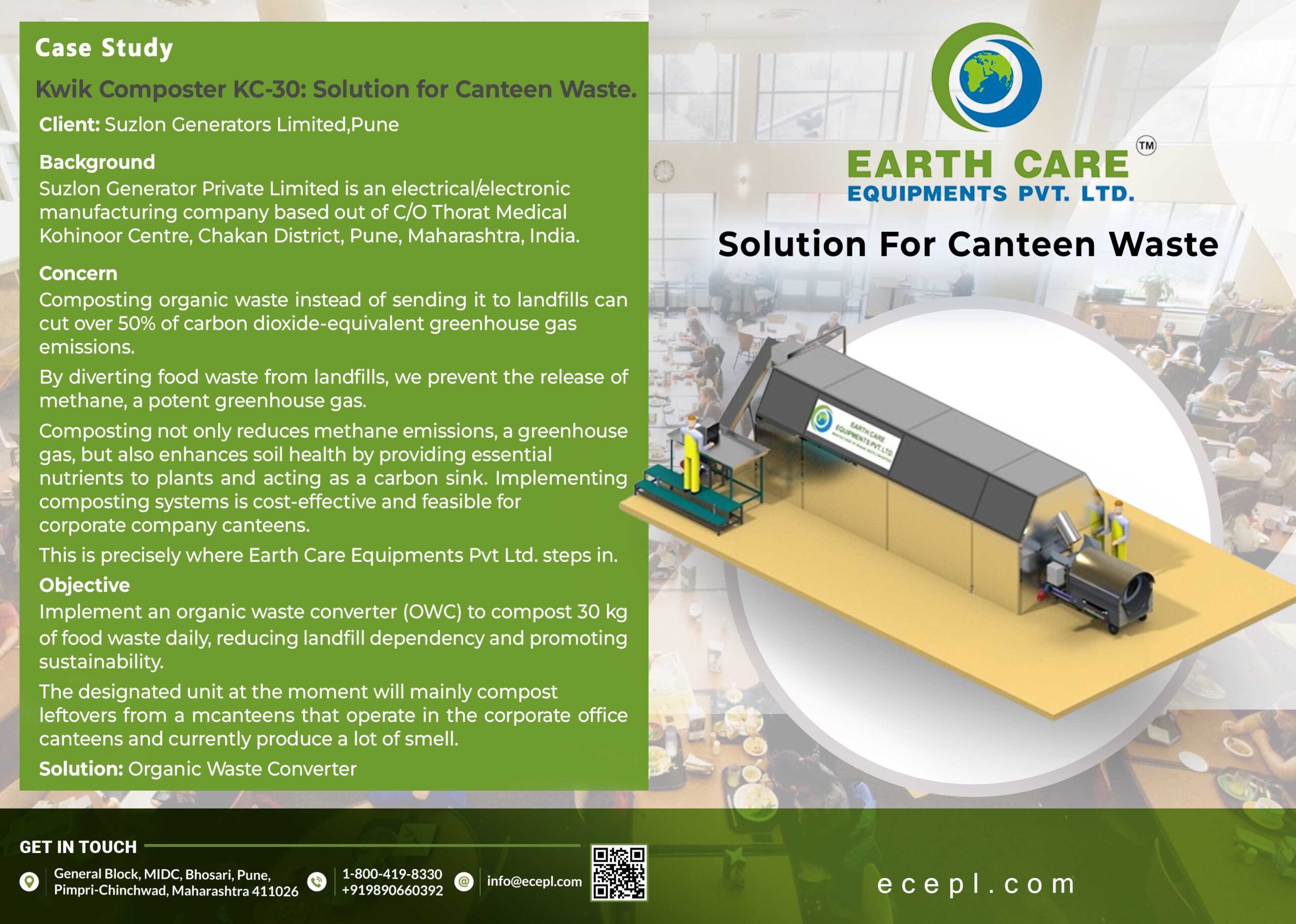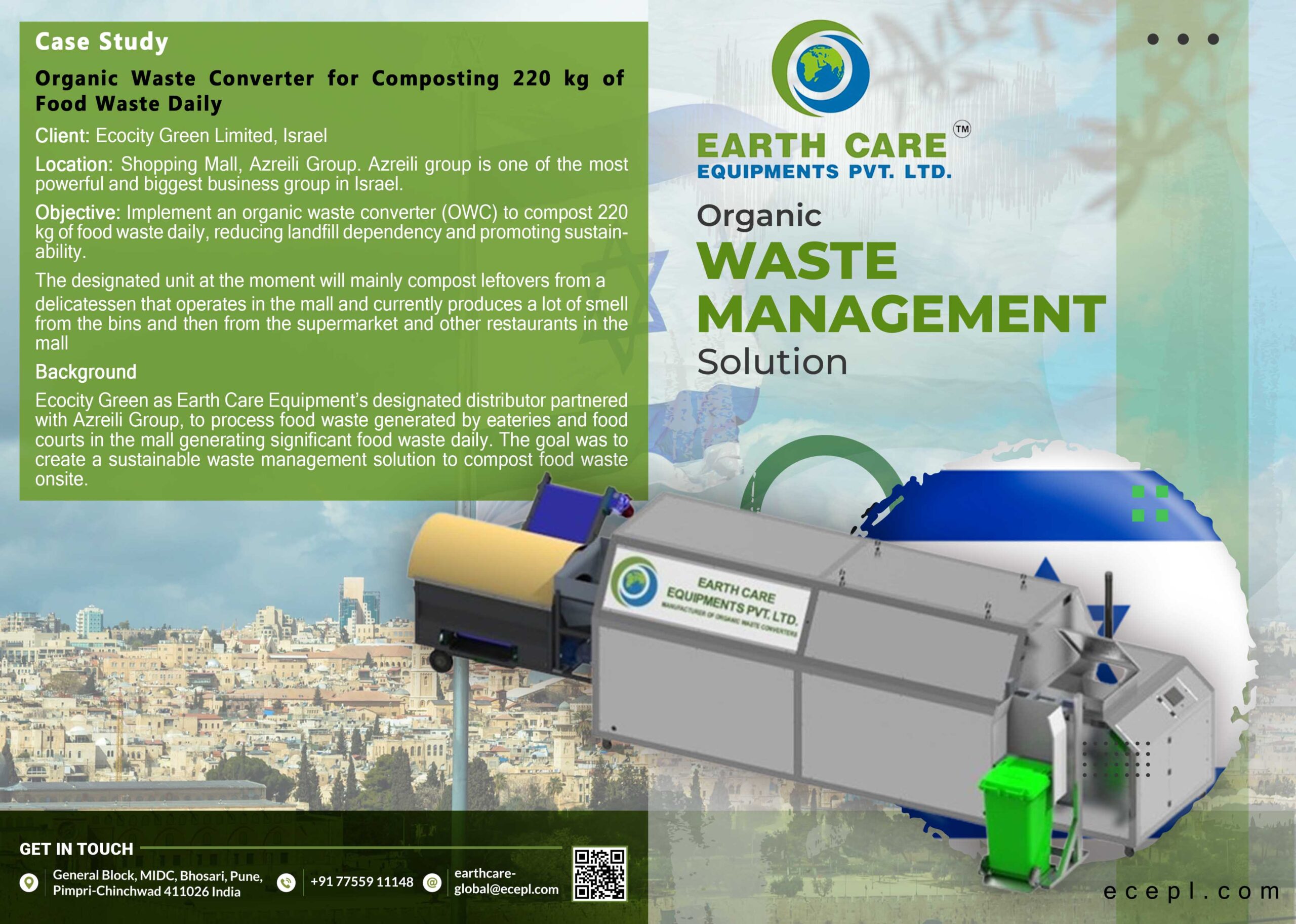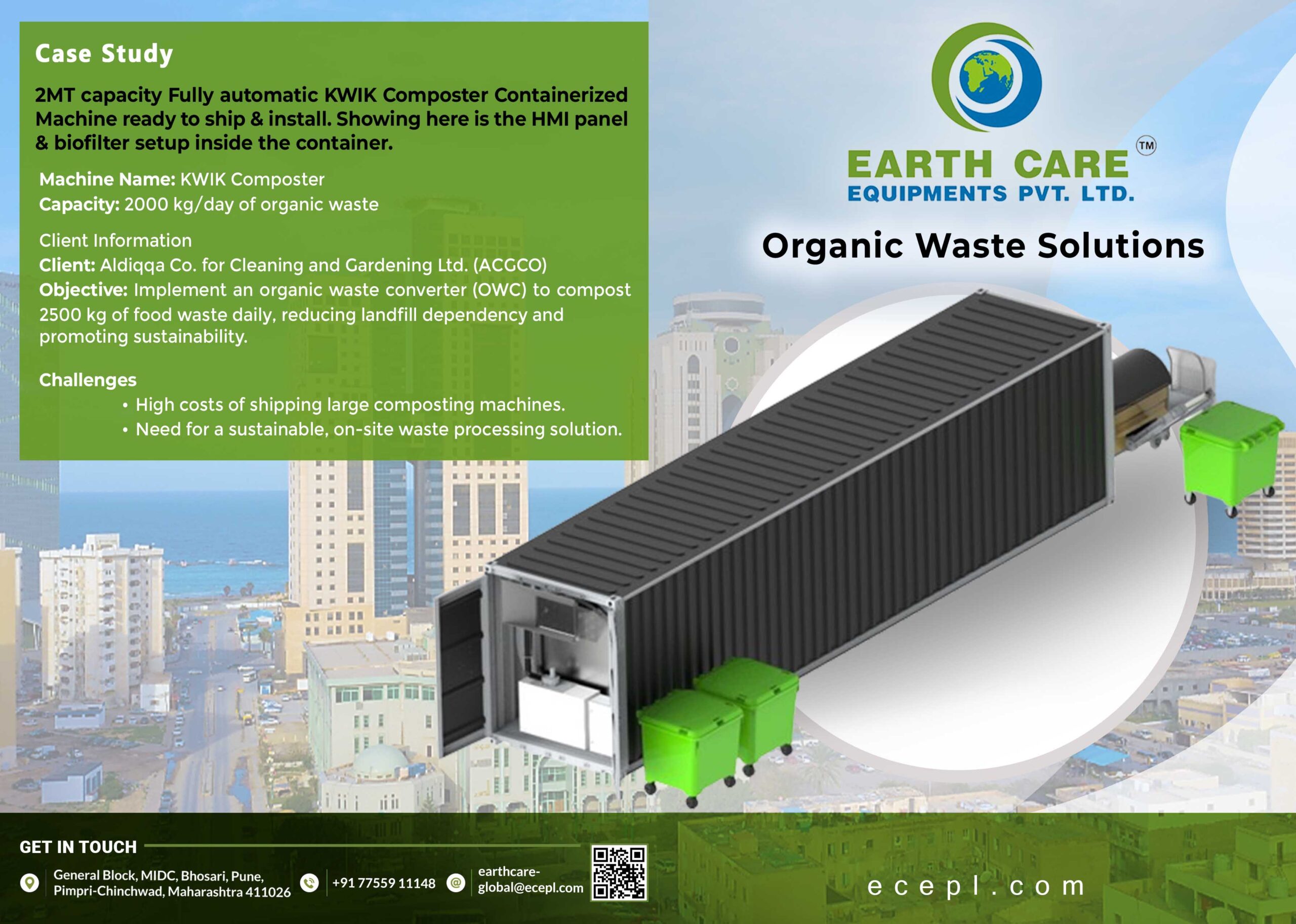
In a world grappling with the dire consequences of climate change, every individual and corporation must play their part in reducing carbon footprints. One often overlooked but significant contributor to greenhouse gas emissions is organic waste. However, through efficient composting techniques, such as those provided by Earthcare Equipment, organic waste can be transformed into a solution for combating climate change.
Understanding Carbon Footprints
Before delving into the link between composting and carbon footprints, it’s essential to understand what carbon footprints are. Simply put, a carbon footprint is the total amount of greenhouse gases emitted directly or indirectly by human activities. These gases, including carbon dioxide and methane, contribute to global warming and climate change.
The Role of Organic Waste
Organic waste, such as food scraps and yard trimmings, constitutes a significant portion of municipal waste streams worldwide. When left to decompose in landfills, organic waste undergoes anaerobic decomposition, releasing methane—a potent greenhouse gas. Methane is approximately 25 times more effective at trapping heat in the atmosphere than carbon dioxide over a 100-year period, making it a substantial contributor to climate change.
Earthcare Equipment’s Contribution
Earthcare Equipment, a leading manufacturer of organic waste converters, offers innovative solutions to tackle this issue. Their range of composting machines, including the KWIK Composter Premium (KCE), KWIK Composter™ (KC), and KWIK Composter Accelerator™ (KCA), facilitate the conversion of organic waste into nutrient-rich compost through sustainable microorganism-based technology.
KWIK Composter Premium (KCE)
The KWIK Composter Premium (KCE) is a fully automatic biomechanical composter designed to handle segregated organic waste efficiently. With its inbuilt hopper, terminator, and HMI digital display, the KCE can process organic waste ranging from kitchen scraps to yard trimmings. This composting solution not only reduces the volume of waste but also mitigates greenhouse gas emissions by preventing organic matter from decomposing anaerobically.
KWIK Composter™ (KC)
The KWIK Composter™ (KC) is Earthcare Equipment’s flagship product, renowned for its sustainable microorganism-based technology. By converting organic waste into nitrogen-rich compost, the KC significantly reduces the carbon footprint associated with waste disposal. Its fully automatic operation and continuous composting process make it an ideal solution for municipalities, businesses, and households seeking to minimize their environmental impact.
KWIK Composter Accelerator™ (KCA)
For sectors facing constraints such as limited space and time, the KWIK Composter Accelerator™ (KCA) offers a compact and efficient composting solution. Equipped with heaters, the KCA accelerates the composting process, yielding nutrient-rich compost in a shorter timeframe. By optimizing composting efficiency, the KCA helps organizations reduce their carbon emissions while effectively managing organic waste.
Benefits of Composting
Composting offers a multitude of environmental benefits beyond reducing carbon footprints. By diverting organic waste from landfills, composting conserves valuable landfill space and reduces the need for landfill expansion—a costly and environmentally damaging endeavor. Moreover, compost-amended soil enhances soil fertility, water retention, and carbon sequestration, contributing to sustainable agriculture and ecosystem health.
Economic Considerations
In addition to its environmental advantages, composting presents compelling economic incentives. Municipalities and businesses can save on waste disposal costs by implementing composting programs. Furthermore, the production of high-quality compost creates opportunities for revenue generation through its sale as soil amendment or landscaping material.
Summary
The link between composting and carbon footprints underscores the importance of adopting sustainable waste management practices in the fight against climate change. Through the utilization of innovative composting technologies like those offered by Earthcare Equipment, organic waste can be transformed from a liability into a valuable resource. By reducing methane emissions, conserving landfill space, and enriching soil fertility, composting plays a vital role in mitigating the environmental impact of organic waste.
FAQs
- How does composting reduce greenhouse gas emissions?
Composting converts organic waste into compost, thereby preventing anaerobic decomposition, which produces methane—a potent greenhouse gas.
- What are the benefits of using Earthcare Equipment’s composting machines?
Earthcare Equipment’s composting machines offer fully automatic operation, sustainable microorganism-based technology, and a range of options to suit various waste management needs.
- Can composting help businesses save money?
Yes, composting can lead to cost savings for businesses by reducing waste disposal fees and creating opportunities for revenue generation through the sale of compost.
- What environmental benefits does composting offer beyond reducing carbon footprints? Composting conserves landfill space, enhances soil fertility, improves water retention, and promotes carbon sequestration, contributing to sustainable agriculture and ecosystem health.
- How does the KWIK Composter Accelerator™ differ from other composting solutions?
The KWIK Composter Accelerator™ is a compact OWC with heaters, designed for sectors facing space and time constraints. It accelerates the composting process, yielding nutrient-rich compost in a shorter timeframe.





You’re welcome! I appreciate your willingness to engage further. If you have any specific questions or topics you’d like to delve into, feel free to share them. Whether it’s about recent developments in technology, intriguing scientific discoveries, captivating literature, or anything else on your mind, I’m here to provide insights and assistance. Simply let me know how I can help, and I’ll be happy to assist you further!